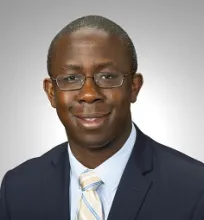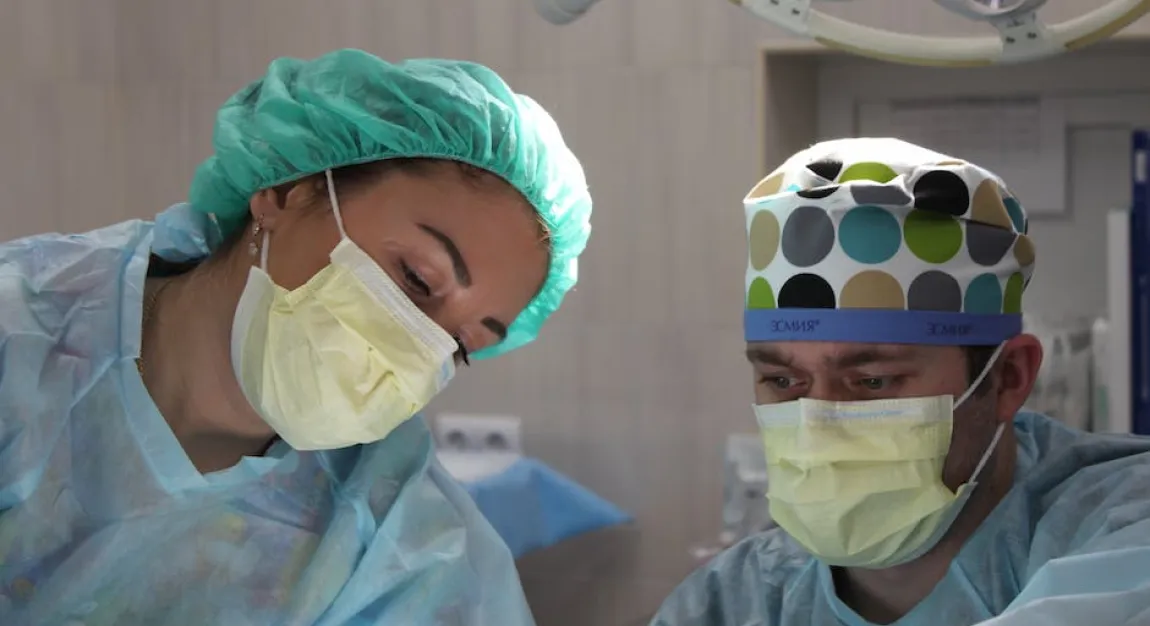
As a surgeon, it's essential to continuously learn new procedures and techniques to provide the best possible care to patients. While senior faculty members have years of experience, junior faculty can still teach them new techniques. As cardiothoracic surgery continues to innovate, new faculty may likely have trained in emerging techniques during fellowship and can bring these new skills to the group. As an example, robotic surgery—once relatively new to thoracic surgery—is now how the majority of lobectomies are performed in the United States.
Here are some tips for junior faculty members looking to teach senior faculty new techniques:
- Be receptive. When senior partners approach you or start discussing learning new techniques, embrace this opportunity to strengthen your partnership. Often, senior partners have been helping you develop for years and have been close mentors. Thus when the opportunity comes to repay that debt, focus on the bond it will build and the patients it will help.
- Set clear goals. You and your partner should establish what a successful process will look like. Sometimes the goal may be complete independence for complex operative cases; at other times, performing a straightforward bedside procedure. The goals should provide significant clarity as to the level of investment required by both parties.
- Be realistic. If the goals mentioned above require 6 to 12 months of intensive work, then both of you must be committed to all that implies. Schedules and many other things will require coordination. Also, discussing how effort and credit (aka wRVUs) will be accounted for upfront would be best. If these issues have clarity, then the process will encounter less friction.
- Be flexible. Invariably there will be challenges. You will both need to commit to working through and around them. It's unlikely that an endeavor of this size will be without major and minor hiccups. Clarifying who will be responsible for the patient's post-operative management and follow-up does a lot to avoid confusion and potentially suboptimal outcomes. However, if your goals are clear and your plans are solid, you and your partner should be able to absorb them.
In conclusion, teaching senior faculty members new procedures is possible with proper preparation, communication, and expectation management. By taking the time to elaborate on where you want to go, how you will get there, and the challenges you expect to face, your chances of success will be much improved.
